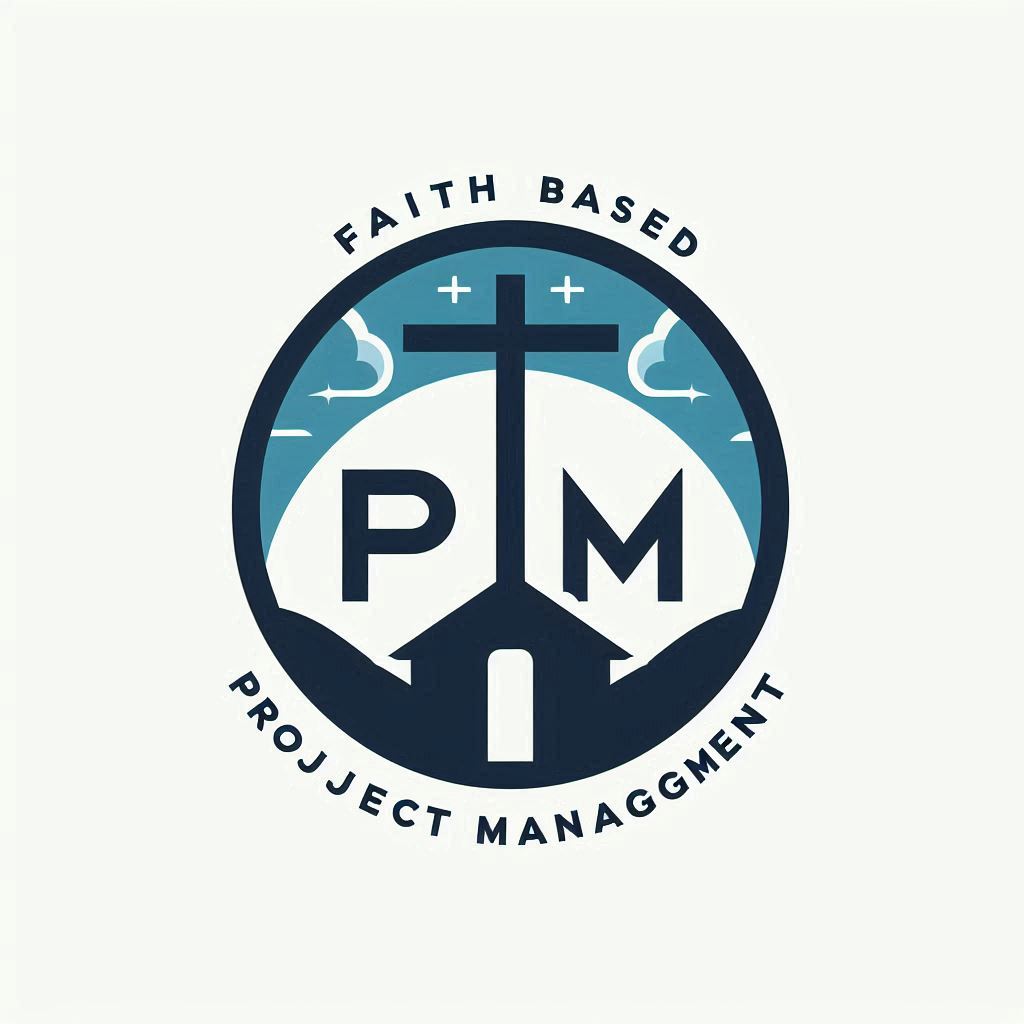Integrating faith and values within organizations isn’t just about aligning business practices with religious beliefs. It’s about creating a cohesive environment where ethical standards and leadership go hand in hand. Let’s explore how this integration shapes decision-making and builds trust among team members and stakeholders.
The idea of merging faith and values isn’t limited to religious institutions. It’s relevant for any organization aiming for a genuine, values-driven culture. When values reflect a shared belief system, it encourages consistent actions and equitable relationships.
Let’s face it, implementing these principles can sometimes feel like walking a tightrope. It means balancing diverse beliefs while still pursuing common goals. This is not a one-size-fits-all process. It involves cultivating understanding, respect, and open dialogue.
Bringing values into the workplace adds depth to organizational goals. It’s about defining what the organization stands for beyond the bottom line. These principles can influence everything from workplace culture to customer relations, creating a more responsible and sustainable business model.
In this environment, leaders are called to lead by example. This means demonstrating the organization’s commitment to its stated values and ensuring that decisions align with these principles. This approach not only promotes credibility but also loyalty and engagement from employees.
Challenges of Value Integration in Faith-Based Organizations
Navigating the integration of faith and values within organizations often requires a delicate balance. Differing interpretations of values can pose significant challenges, especially in diverse faith-based organizations. It’s crucial to foster an environment that respects and embraces these differences, encouraging open conversations where everyone’s perspective is valued.
Balancing faith-based principles with secular management standards is another challenge. The trick here is to find common ground where both sets of values can coexist without conflict. This might involve adapting certain practices to ensure they align with universally accepted ethical standards without compromising the core faith principles. Open dialogue and collaborative problem-solving are often key in these scenarios.
Maintaining accountability and transparency is vital in upholding ethical responsibility. Organizations must develop clear guidelines and frameworks to ensure that decision-making processes are transparent and ethical. This involves regular audits, feedback loops, and a culture where accountability is not just encouraged but expected from every member of the organization.
Avoiding the risk of proselytization or imposing religious beliefs is critical. Faith-based organizations must respect the diverse beliefs of all stakeholders involved. This means ensuring that religious activities and expressions are voluntary and that no one feels pressured to conform to specific beliefs. Training and educational programs can help staff and leaders understand the importance of religious freedom and inclusivity.
Overall, integrating faith and values demands a proactive approach. It involves thoughtful planning and execution, with an emphasis on respect, understanding, and shared commitment to the organization’s overarching mission.
Case Studies, Tools, and Frameworks for Successful Integration
Real-world examples can offer valuable insights into how faith-based organizations successfully integrate their values into project management. Consider a nonprofit that aligns its operations with its spiritual beliefs while still achieving its practical objectives. These organizations often report enhanced team cohesion and a deeper sense of purpose among employees.
Short case studies or anecdotes add depth to our understanding. For example, a community service organization might use its guiding faith principles to shape outreach programs, ensuring they cater to not just physical needs but spiritual and emotional support too. Such examples highlight the flexibility and adaptability required to make value integration seamless and meaningful.
Practical tools can make all the difference in integrating these values effectively. Checklists that outline ethical considerations at every project stage help teams stay aligned with fundamental principles. Ethical decision-making models provide a structured approach for resolving dilemmas that might arise when faith and project requirements intersect.
Frameworks like value-based assessment tools are invaluable. They facilitate a systematic analysis of whether organizational goals align with its values, offering a clear path forward. These tools ensure that projects not only meet their objectives but also reflect the core values that the organization stands for.
Ultimately, integrating faith and values requires more than an abstract commitment. It’s about applying structured, practical strategies to ensure that all organizational actions are consistent with its guiding principles. These case studies and frameworks serve as useful guides, showing how it’s possible to achieve harmony between spiritual beliefs and effective project management.
